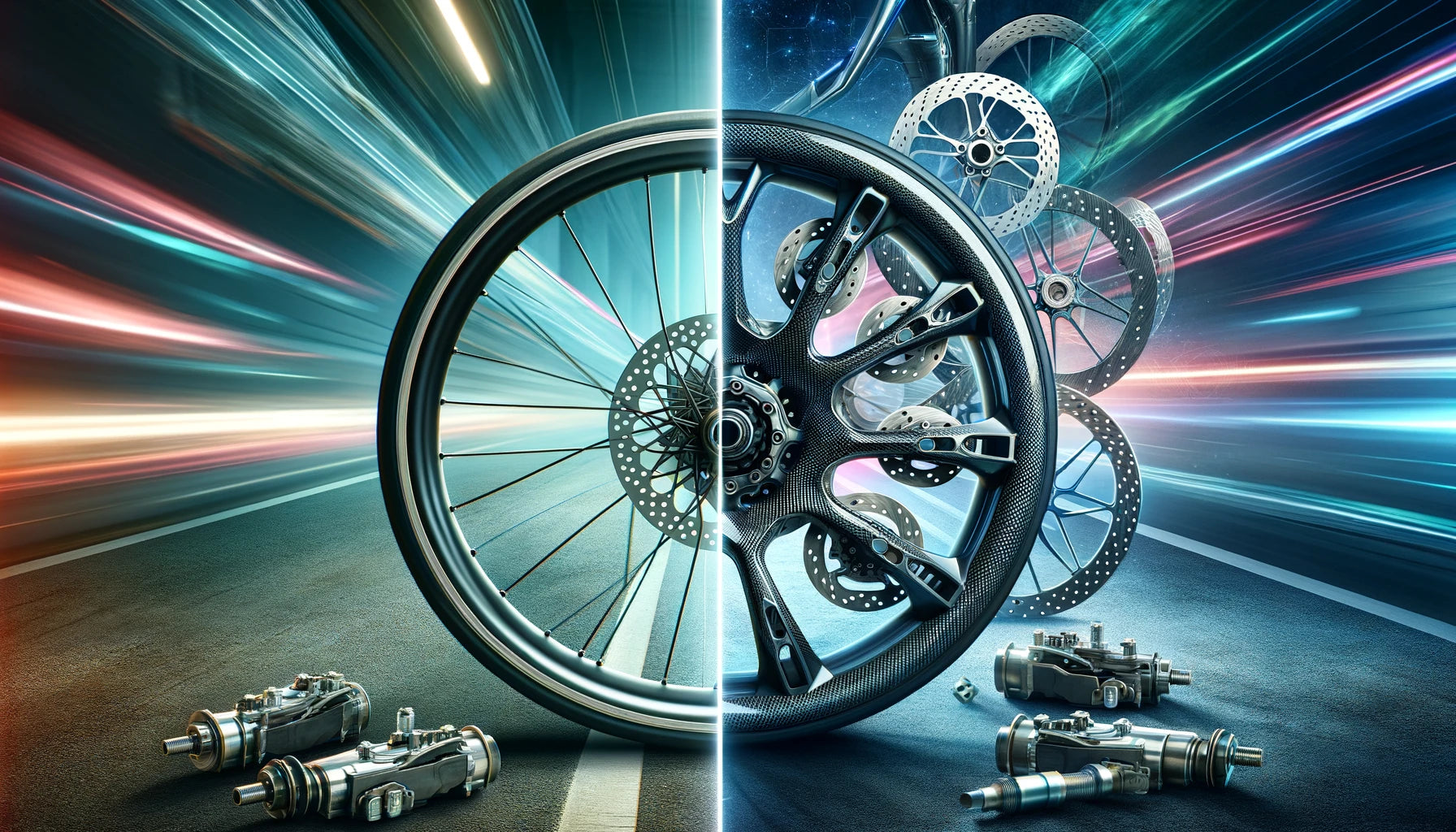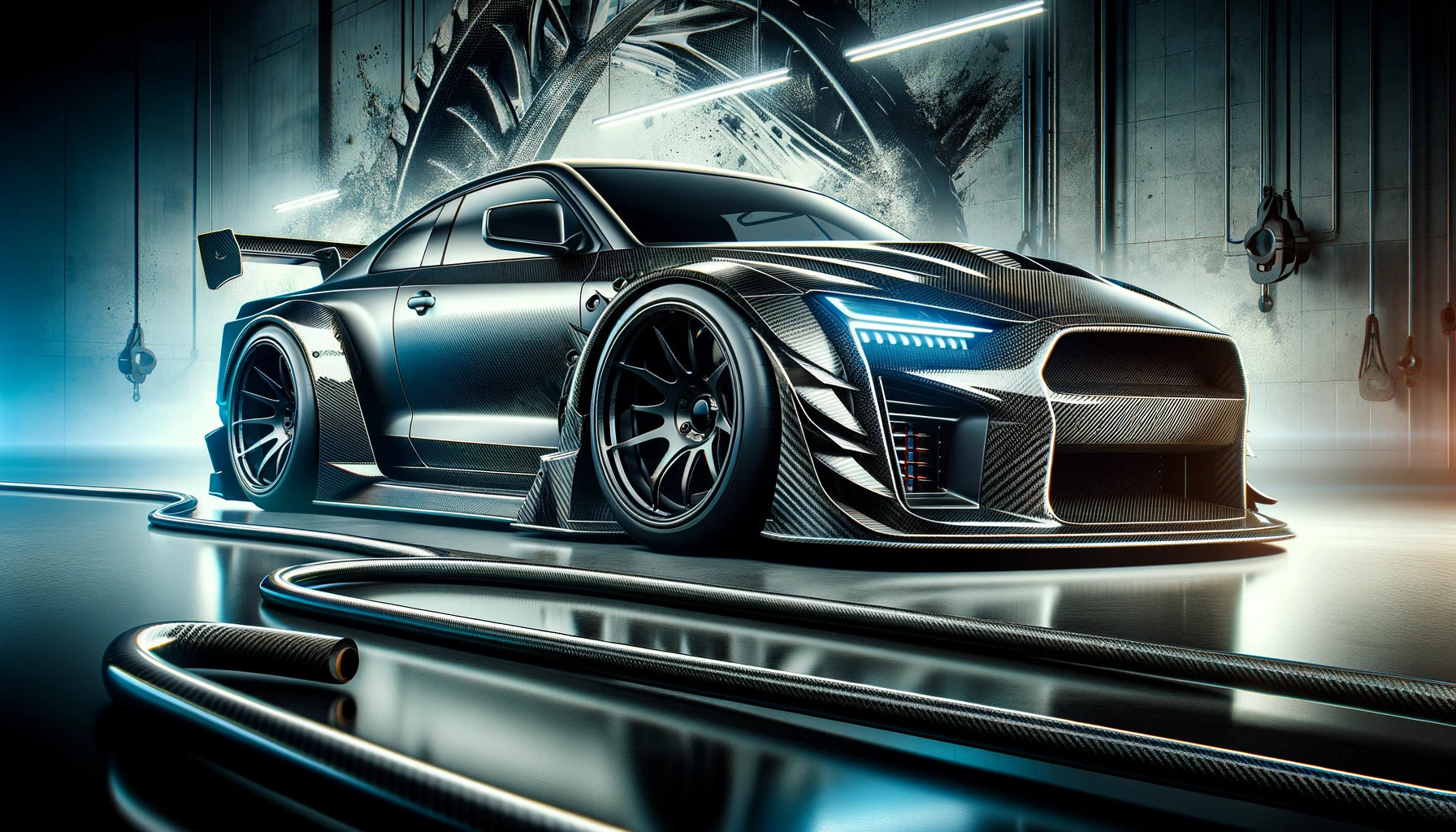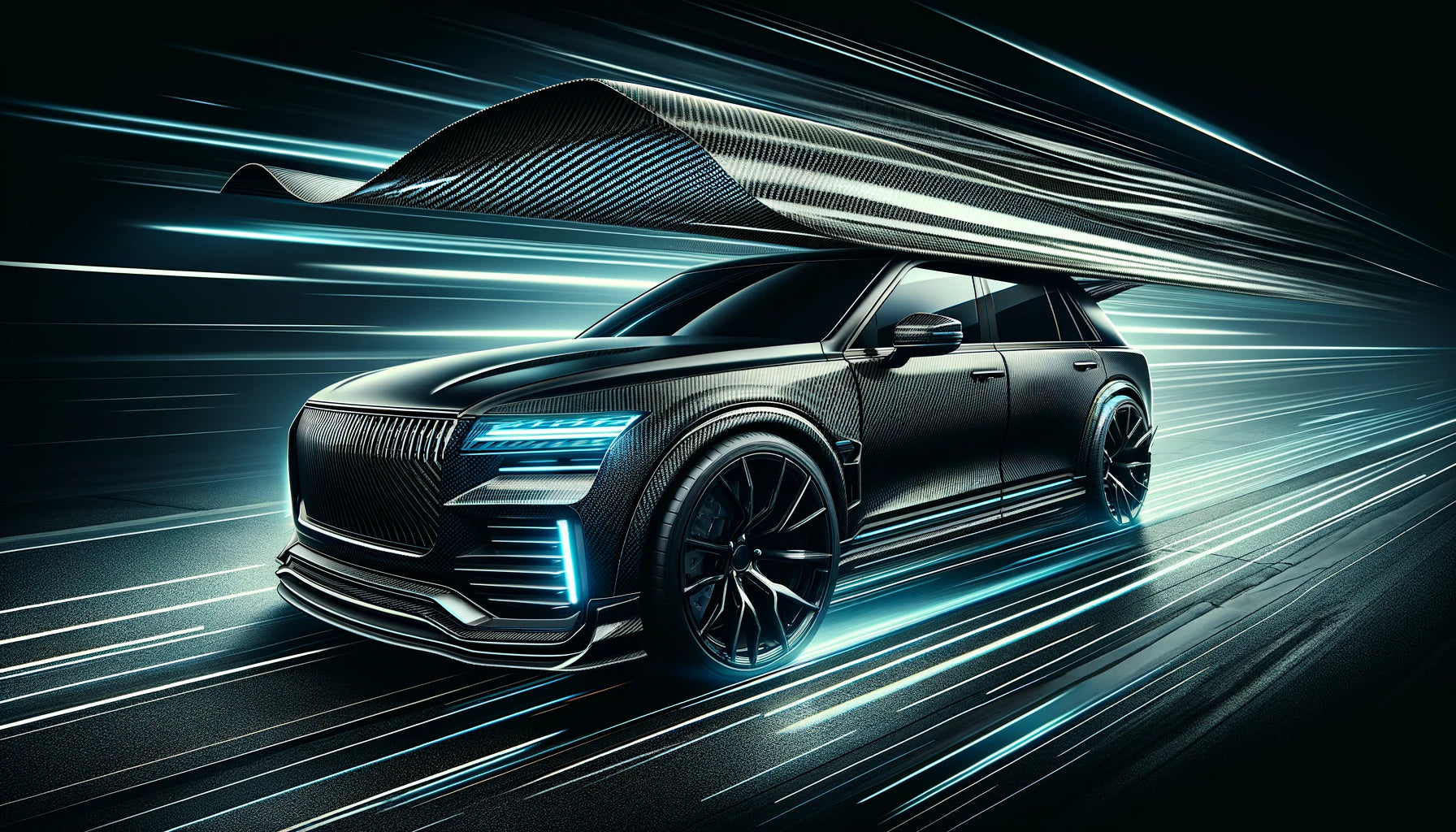
Wheels to Rotors: Carbon Upgrades for Brakes
For sports car owners demanding maximum braking performance, carbon fiber presents a compelling material upgrade from stock steel rotors and calipers. Combining carbon’s thermal and friction properties with large multi-piston calipers creates dramatic improvements in stopping power.
Carbon ceramic brake rotors were first popularized in Formula 1, where extreme braking performance is paramount. Now offered by top brands like Brembo, Porsche, and Ferrari, carbon rotors provide key advantages over traditional iron rotors.
The lightweight design reduces unsprung weight for better suspension response and handling precision. Carbon’s high tolerance for heat buildup allows repeated heavy braking without fade or warping. Paired with large 6/8 piston calipers that clamp with tremendous force, carbon brakes deliver phenomenal deceleration.
For supercars and hypercars, carbon brakes come standard from the factory. But the aftermarket also caters to owners of sports cars and performance sedans who want to upgrade. Kits are available for everything from the latest Corvette and Mustang models to BMW M and Mercedes AMG cars.
While the costs are steep, often approaching $10k to $15k, the difference in braking performance is like night and day. The massive clamping forces inspire confidence and provide a safety net for track days or high speed driving. Carbon rotor kits may wear out pads quicker but deliver unmatched stopping power.
For those seeking the upper echelon of braking, carbon fiber upgrades extend performance into the realm of exotic supercars. Huge multi-piston calipers biting down on carbon rotors redefines what’s possible when it’s time to slow down.
Carbon ceramic brake rotors were first popularized in Formula 1, where extreme braking performance is paramount. Now offered by top brands like Brembo, Porsche, and Ferrari, carbon rotors provide key advantages over traditional iron rotors.
The lightweight design reduces unsprung weight for better suspension response and handling precision. Carbon’s high tolerance for heat buildup allows repeated heavy braking without fade or warping. Paired with large 6/8 piston calipers that clamp with tremendous force, carbon brakes deliver phenomenal deceleration.
For supercars and hypercars, carbon brakes come standard from the factory. But the aftermarket also caters to owners of sports cars and performance sedans who want to upgrade. Kits are available for everything from the latest Corvette and Mustang models to BMW M and Mercedes AMG cars.
While the costs are steep, often approaching $10k to $15k, the difference in braking performance is like night and day. The massive clamping forces inspire confidence and provide a safety net for track days or high speed driving. Carbon rotor kits may wear out pads quicker but deliver unmatched stopping power.
For those seeking the upper echelon of braking, carbon fiber upgrades extend performance into the realm of exotic supercars. Huge multi-piston calipers biting down on carbon rotors redefines what’s possible when it’s time to slow down.



